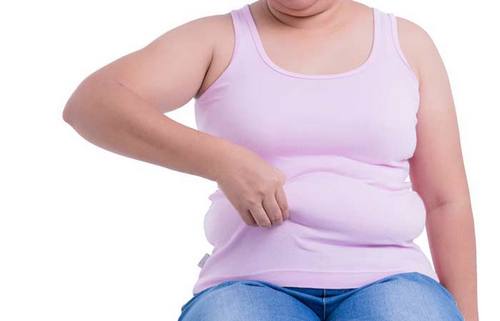Our results significantly reinforce the evidence supporting a link between drinking hot drinks and the risk of esophageal cancer. We believe that the results apply to all types of drinks and should be a public recommendation informing people that before drinking a drink, its temperature should be below 60 ° C.
Dr. Islami and his colleagues used data on more than 50,000 people aged 40–75 years. Researchers observed participants for 10 years, between 2004 and 2017. During this time, 317 people developed cancer of the esophagus.
Scientists have divided the temperature of tea into “very hot”, that is, a temperature above 60 ° C, and “cool or warm”, that is, a temperature that is lower or lower than 60 ° C. In their analysis, the researchers also looked at the time from spilling tea to drinking.
In general, the study showed that drinking 700 milliliters (ml) of “very hot” tea per day increases the likelihood of developing cancer of the esophagus by 90 percent compared with drinking the same amount of cold or warm tea.

Dr. Farhad Islami adds:
Many people like to drink tea, coffee or other hot drinks. However, according to our report, drinking very hot tea may increase the risk of developing esophageal cancer, and it is therefore advisable to wait until the hot drinks have cooled before drinking them.
The authors warn that scientists will need to conduct additional research to understand the mechanisms underlying this relationship. Meanwhile, we still recommend that you listen to the advice of specialists, and learn how to enjoy warm tea.
According to the American Cancer Society, in 2019 there will be approximately 17,650 new cases of cancer of the esophagus, and more than 16,000 people will die from it. It is estimated that approximately 20 percent of people with esophageal cancer live only 5 years after being diagnosed.
Numerous factors can increase the risk of esophageal cancer. These include over 55 years of age, male gender, acid reflux, and a diet high in processed meats and low in fruits and vegetables. Some scientists have also suggested that regular consumption of very hot fluids may also increase the risk of esophageal cancer. However, most of the studies on this subject were based on questionnaires of participants who were asked to remember and evaluate how much tea (and what temperature) they drank.
This approach could affect the results. Indeed, due to the fact that the participants had to evaluate something retroactively, confusion could occur. A new study was aimed at correcting this defect by objective measurement of tea temperature, that is, to make sure that the result does not depend on a person’s memory, feelings or opinions.

Researchers led by Dr. Farhad Islami, strategic director of research on cancer surveillance at the American Cancer Society, have also tried to study tea drinking habits from a promising perspective.



